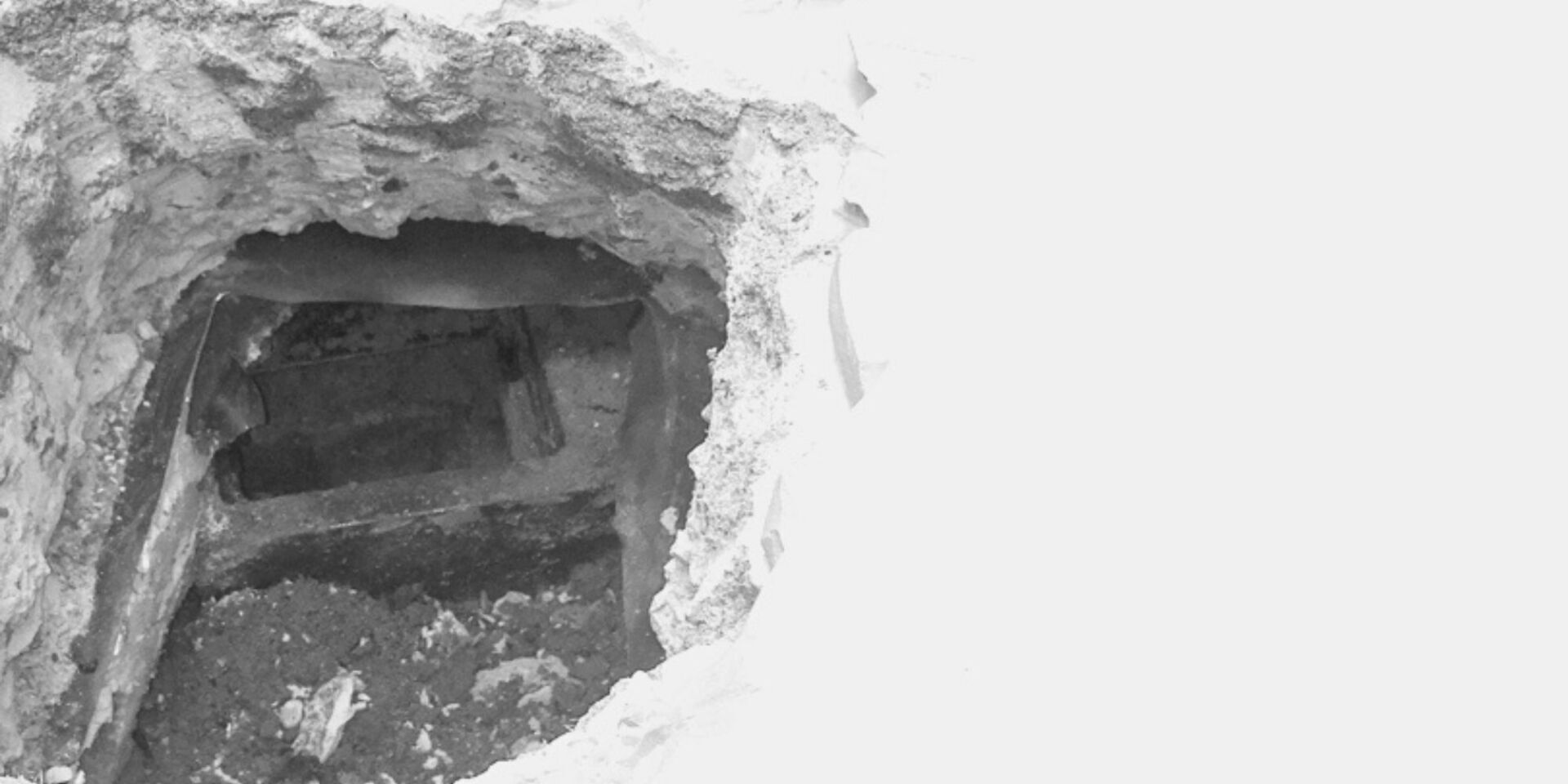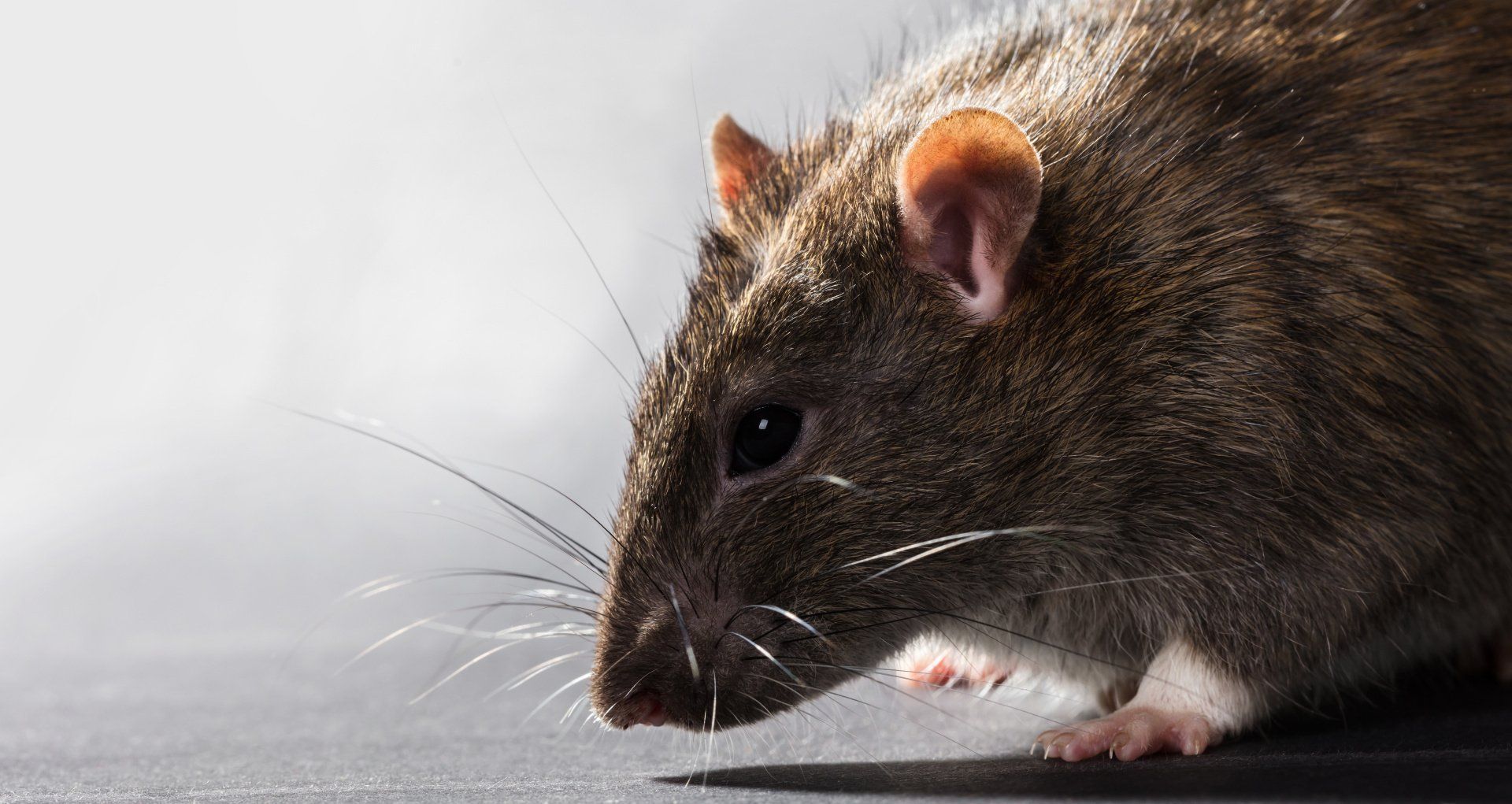Why Rats Are in the Loft
Rats are one of the most common pests that infest homes, and their presence can be very annoying and dangerous.
Rats are known to cause damage to property, contaminate food and spread diseases, making it crucial to get rid of them as soon as possible. One of the most common places where rats can be found in homes is the loft, but have you ever wondered why rats are in the loft in the first place?
In this article, we will explore the various reasons why rats are in the loft and how to prevent them from infesting your home.
Aspects Of Rat Control In Your Loft We Will Cover:
- Why Do Rats Infest Lofts?
- Signs of Rat Infestation in the Loft
- Risks Associated with Rat Infestation in the Loft
- How to Prevent Rats from Infesting the Loft
- Rat Control Methods for Lofts
- FAQs about Rat Infestation in Lofts
- Conclusion
Why Do Rats Infest Lofts?
Rats are nocturnal animals, and they are attracted to places that provide them with food, water, shelter and warmth. Lofts are ideal places for rats to infest because they are often neglected and offer easy access for rats through small holes and gaps. Rats can also climb up walls and trees, and gain entry to the loft through roof tiles or vents. Some common reasons why rats infest lofts include:
- Food: Rats are attracted to food sources, and the loft may have stored items such as birdseed, pet food, or even household food items.
- Water: Rats need a source of water, and the loft may have pipes or even condensation that can provide this.
- Nesting: Lofts provide ideal nesting sites for rats, especially if they are warm, dry, and have insulation materials that rats can shred and use to make their nests.
- Access: Rats are great climbers, and they can gain entry to the loft through small gaps or holes in the roof, walls or pipes.
Signs of Rat Infestation in the Loft
Identifying signs of rat infestation in your loft is crucial in preventing an infestation from getting out of hand. Some of the most common signs include:
- Scratching noises: You may hear scratching or scurrying noises in the loft at night, which is a sign that rats are active.
- Droppings: Rat droppings are small, black and capsule-shaped, and you may find them in the loft or near food sources.
- Gnawed objects: Rats have sharp teeth and will gnaw on anything they come across, leaving visible marks on wood, plastic, and wires.
- Odour: Rats have a distinctive, musty smell, and if the infestation is large, you may notice an unpleasant odour in the loft
Risks Associated with Rat Infestation in the Loft
Rats are not only a nuisance, but they also pose significant health risks to humans and pets. Some of the risks associated with rat infestation in the loft include:
- Disease transmission: Rats can transmit diseases such as salmonella, leptospirosis, and hantavirus through their droppings, urine, and saliva.
- Property damage: Rats have a habit of gnawing on objects, and they can damage insulation, electrical wires, and even wooden beams in the loft.
- Fire hazard: Rats can cause a fire hazard by chewing on electrical wires, which can lead to electrical shorts and fire.
- Allergies: Rat droppings and urine can trigger allergies and respiratory
How to Prevent Rats from Infesting the Loft
Preventing rat infestation in the loft involves taking steps to make it less attractive to rats. Here are some preventive measures you can take:
- Seal all entry points: Inspect the loft for any gaps, holes or cracks in the roof, walls, pipes, and vents, and seal them with wire mesh or sealant.
- Keep the loft clean and clutter-free: Remove any items that rats can use as nesting materials, such as cardboard boxes, old clothing, or newspapers. Store food in airtight containers and keep the loft free of clutter.
- Install rodent barriers: Install physical barriers such as metal flashing or plastic panels around the perimeter of the loft to prevent rats from gaining entry.
- Keep the outside of the house tidy: Trim trees and bushes away from the roof, and keep the yard clean of debris and rubbish that could attract rats.
- Seek professional help: If you suspect a rat infestation in your loft, seek professional help from a pest control company.
Rat Control Methods for Lofts
If you already have a rat infestation in your loft, there are several methods you can use to control the population. Some of the most common methods include:
- Traps: Rat traps are effective in capturing rats, and they are available in various types such as snap traps, glue traps, and live traps.
- Baits: Rat baits are poisonous and can be used to control a large infestation. However, they should be used with caution as they can be harmful to pets and children if not used properly.
- Ultrasonic devices: Ultrasonic devices emit high-frequency sound waves that are unpleasant to rats, and they can help deter rats from entering the loft.
FAQs about Rat Infestation in Lofts
Q: Can rats climb up walls to get into the loft?
A: Yes, rats are excellent climbers and can climb up walls and trees to gain entry to the loft.
Q: Will a cat or dog keep rats away from the loft?
A: Cats and dogs can help deter rats from entering the loft, but they are not a foolproof solution to rat infestation.
Q: What should I do if I find a rat in my loft?
A: If you find a rat in your loft, it is best to call a pest control company to help you remove it and prevent further infestation.
Conclusion
Rat infestation in the loft can be a major problem for homeowners, but with proper preventive measures and rat control methods, you can keep your loft rat-free. Remember to seal all entry points, keep the loft clean and clutter-free, and seek professional help if you suspect a rat infestation. By doing so, you can protect your property and the health of your family and pets.


